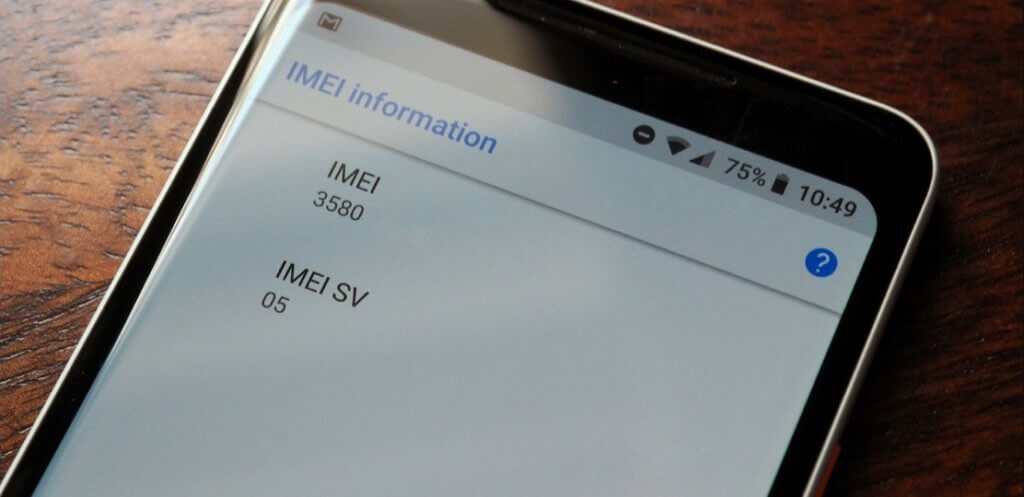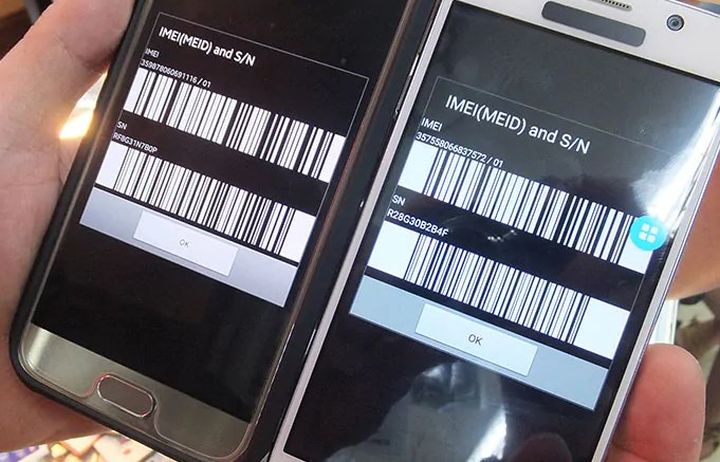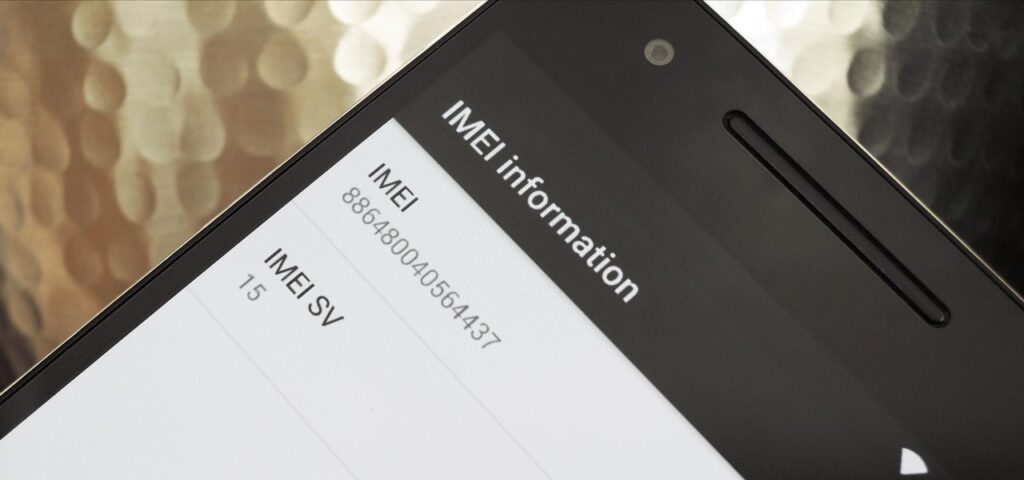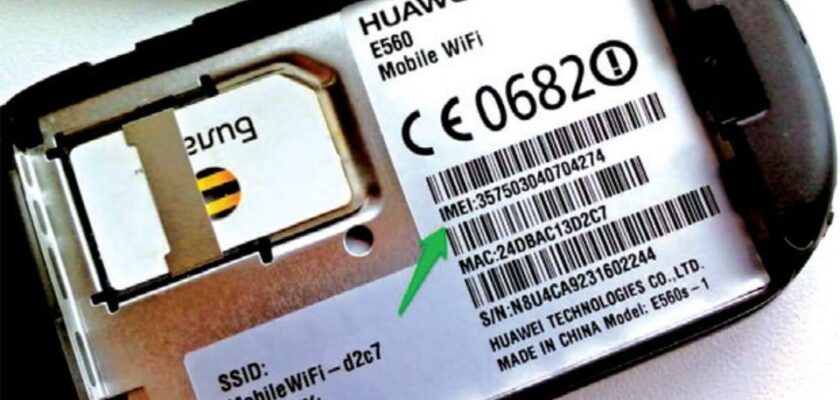Not so long ago, losing a cell-phone was a true nightmare. Not only were they rather expensive and not so ubiquitous, but it was also impossible to track them if you suddenly realize your phone is not in your pocket or purse. Today, pinpointing your device can be quite fast and easy thanks to IMEI numbers.
How is that possible, you probably wonder? Well, here’s the deal: IMEI numbers are a sort of fingerprint of your smart device (of basically any other hardware element). It’s a 15-digit number that is unique for each device and the manufacturers or carriers use it for enabling tracking of devices in case of loss or theft.
***
Technological development has brought many compelling functions to our smartphones, making them almost essential for our everyday life and our routines. Having loads of fun while playing games, handling work assignments, check our social network accounts or communicating with our loved ones… you name it. Therefore, losing smartphones these days could be more stressful than before, especially because the information about our financial accounts, credit card numbers is stored within or accessible from our chat conversations. This is where security and privacy concerns arise, and that’s why it’s crucial to be aware of the impact an IMEI number could make on finding your device.
These numbers shouldn’t be confused with a device’s serial number – while the serial number is unique for each device, mobile equipment numbers represent standard identifiers for digital devices worldwide.
Can someone steal our IMEI number?

Source:IMEI number
You may ask yourself if it’s possible to hack or steal IMEI numbers since they are universally identifiable. Unfortunately, the answer is positive. Theoretically, your phone could be stolen even if it stays in your possession, similar to credit card loss.
If this unfortunate scenario occurs, it may cause various problems. For instance, if someone gets in possession of the IMEI number of your smartphone device, they can easily clone it. OK, but what about it?
Let’s say that both ‘versions’ of your device – the original and the clone one – try to access the same network at the same time. The network provider could disable both devices, which means that you could be banned from using the internet with your smartphone without your fault. Also, some instant messaging and communication apps, such as WhatsApp, will use an IMEI of your device as an identifier, which means that if someone gains access to your IMEI, they can easily access your conversations and make a serious privacy breach.
Still, there are a few pieces of advice you can use to check if this is the case, especially if you purchased a second-hand smart device. Check the IMEI immediately with the network service provider or by typing #060# – if everything is alright, the number will appear on the display. If you’re still unsure how to do this, you can perform IMEI check free with a service like www.imeidb.xyz.
Other privacy and safety concerns

Source:gearbest.com
Another concerning issue with this is that governments of many countries use mobile equipment identity numbers to track people, especially suspicious citizens. Also, leaking mobile identity numbers can discover your location to criminals who can trace you wherever you are, which is not only a privacy concern but also a serious safety issue. The privacy issue with apps like WhatsApp is mentioned above, but in case of mobile identifier number leaking, other conversations or even calls from or to your device can also be tracked.
Here’s another concerning fact – an experienced hacker can ‘frame’ your IMEI number for criminal acts done by other people. This could be done by masking unwanted mobile identifier numbers with yours, and since some governments use it for tracking suspicious people, your identifier number could easily be replaced with theirs. Scary, right? As a matter of fact, there are countless scenarios of what could be done with this piece of information, which is why it’s pretty clear why it’s crucial not to share it with anyone.
But what to do if you suspect your mobile identifier number leaked? First, you should immediately check with your network service provider for all the records of calls, messages, and other device activities to check if there are any discrepancies with your actual ones. If that’s the case, the network provider can block it.
Are there any positive sides we can rely on?

Source:smartphones.gadgethacks.com
So far, we have described several worrying cases related to the security of mobile identifiers. Yet, there are also certain positive security characteristics, like the ones related to mobile payments. Most mobile or banking apps are using mobile identifier numbers as security verification just before you make any payment by asking you to enter the verification code. It’s always unique and connected with your IMEI – that way you can rest assured your payments are safe to process.
Another great feature distinguishes genuine devices from their cheap, usually illegal copies. Copies don’t have it, so before you decide to buy an unusually cheap iPhone, first perform an IMEI check. If the code is there, you could consider purchasing the device, but otherwise, it may mean that it’s either an already-mentioned illegal copy or stolen.
With more than six and a half billion smartphones today on the market, it’s a great and relatively easy opportunity for anyone who wants to buy or sell an illegal smartphone, and identifiers are a great way to avoid it if you don’t since they can tell us where and when the pieces were manufactured and by whom.
We introduced you to the essential upsides and downsides of IMEI numbers, and it all comes down to the main question – are they secure? The answer is – yes, they are very secure. But are there security and privacy issues with them? Yes, there are. Even though they aren’t perfect, these codes are still the most secure and efficient way of tracing digital devices, especially if they were taken away from someone illegally. It is still the most secure piece of information that protects your device and thus your privacy, despite all the possible breaches or misuse.

